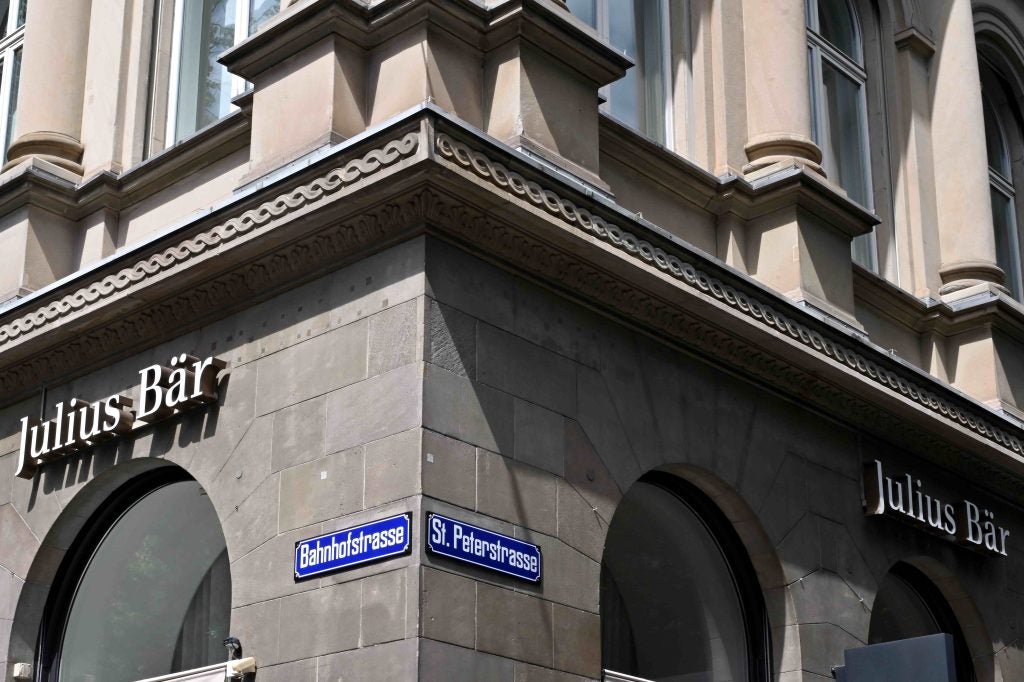Portuguese bank Banco Espirito Santo (BES) has hired Vítor Bento as its new executive chairman replacing Ricardo Espírito Santo Salgado.
Additionally, the bank has also named Joao Moreira Rato as its new chief financial officer.
Rato was previously head of Portugal’s public debt agency, the IGCP.
Bento is currently CEO of SIBS, Portugal’s unified banking payments system that manages a vast network of ATMs. He has also served as head of the Portuguese debt agency, and is a member of the Portuguese president’s advisory council.
Salgado will resign on 31 July along with all other Espírito Santo family members of the executive board.
Espirito Santo Financial Group (ESFG), which holds 25.1% of BES, said that major shareholders will nominate Bento as the new CEO on July 31.
How well do you really know your competitors?
Access the most comprehensive Company Profiles on the market, powered by GlobalData. Save hours of research. Gain competitive edge.

Thank you!
Your download email will arrive shortly
Not ready to buy yet? Download a free sample
We are confident about the unique quality of our Company Profiles. However, we want you to make the most beneficial decision for your business, so we offer a free sample that you can download by submitting the below form
By GlobalDataBento’s move follows the discovery of financial irregularities at the Luxembourg-based holding company, Espírito Santo International (ESI).
Furthermore, ESFG has proposed Amílcar Morais Pires, currently the bank’s CFO, as the new executive chairman.
In May, the Espirito Santo family has been under regulatory scrutiny that there were material irregularities at ESI through which it held part of its stake in the bank.







